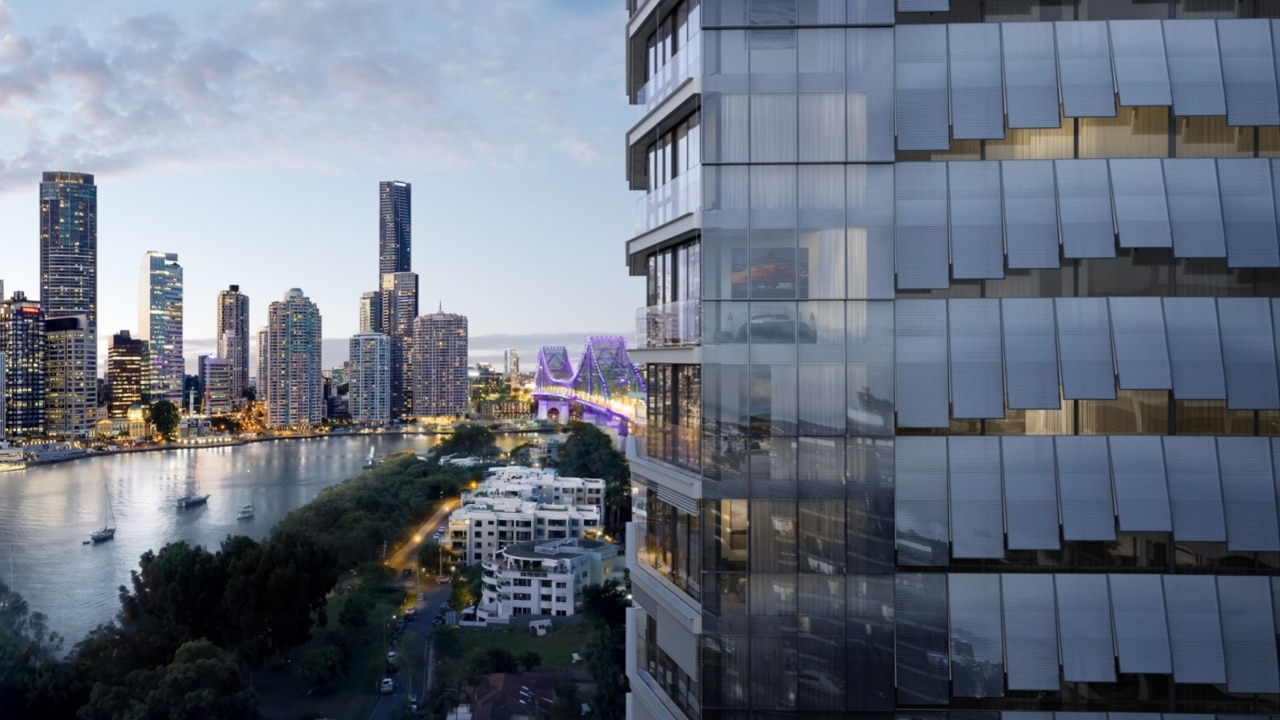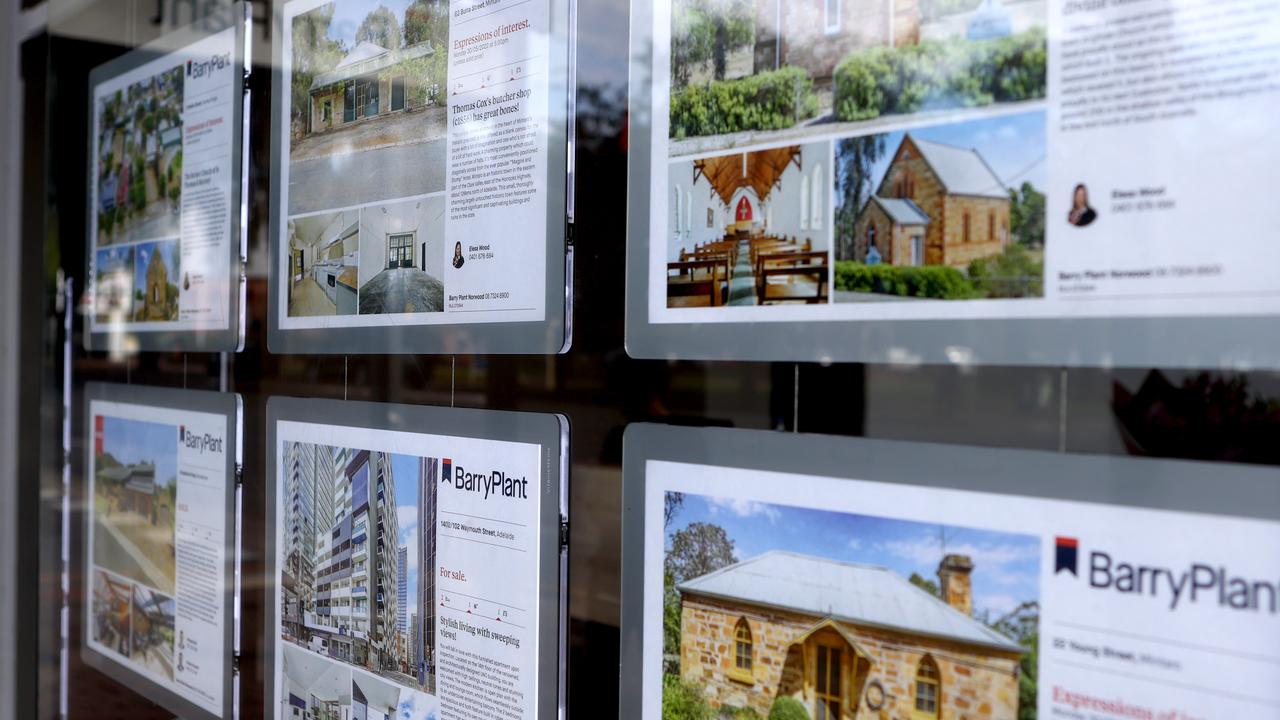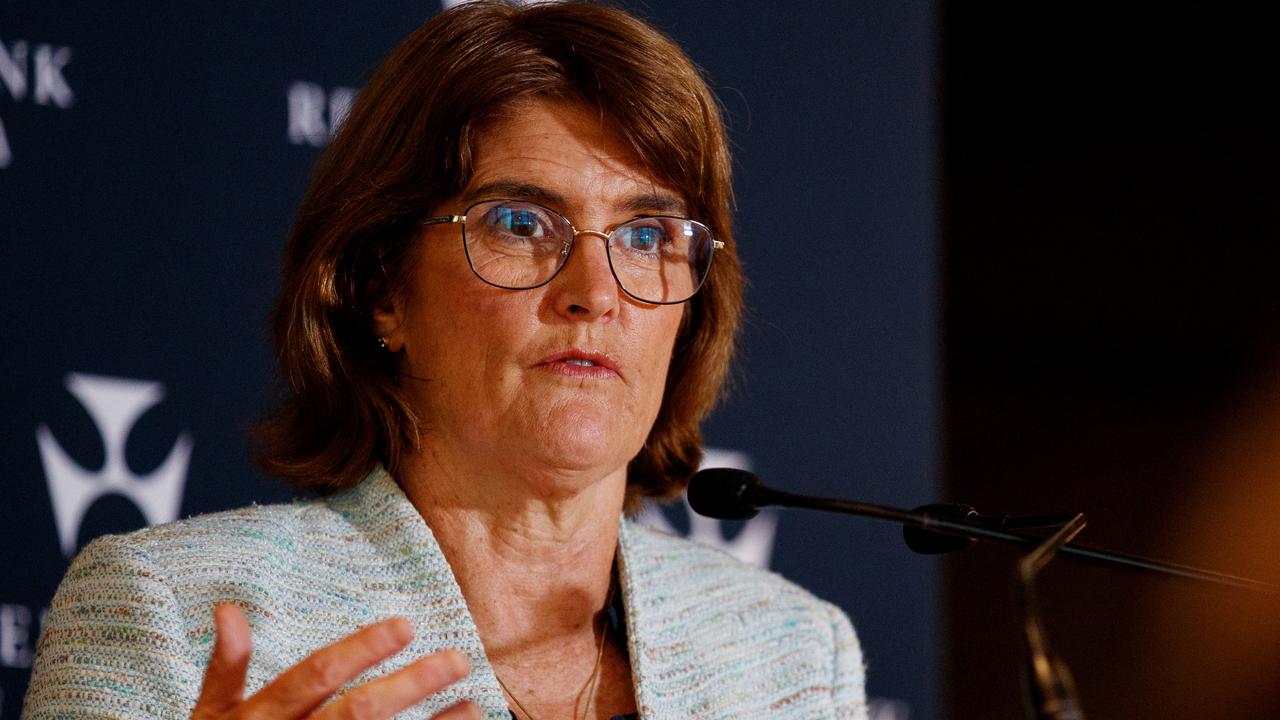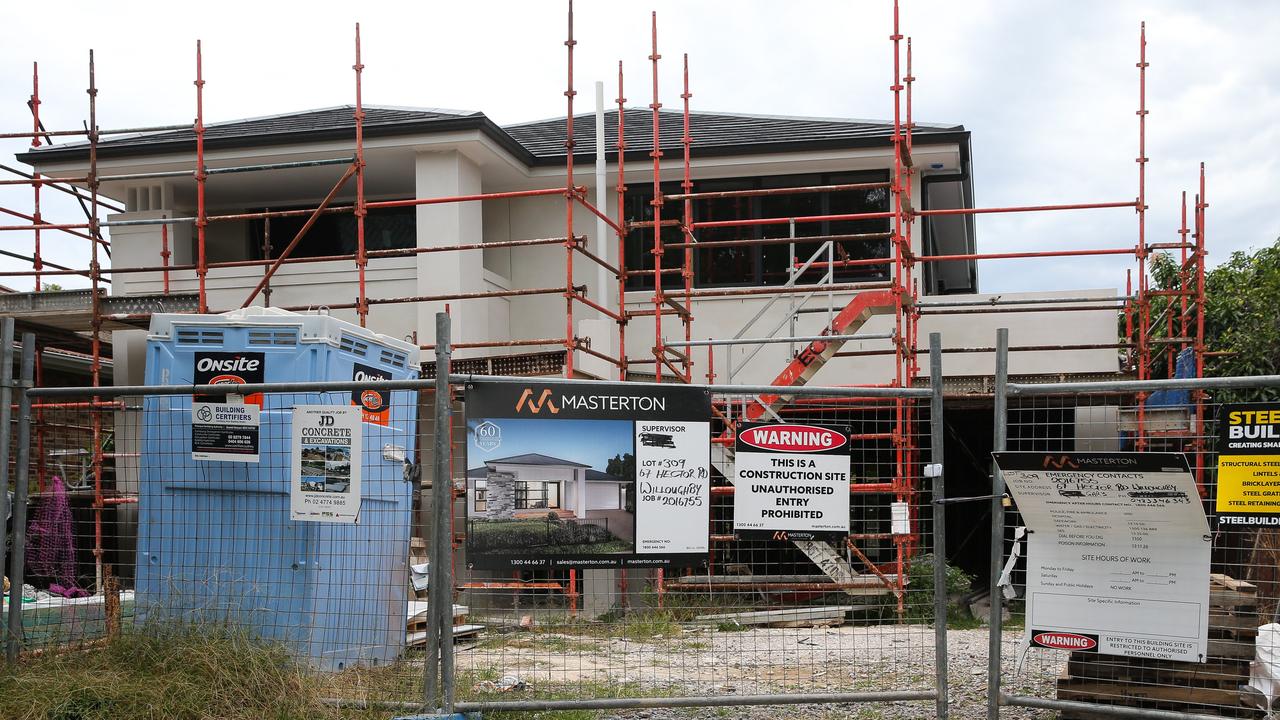How mortgage payers are coping with another interest rate rise
With the RBA expected to increase the official cash rate for the ninth consecutive time, mortgage brokers and first home buyers are feeling the financial strain.

One Sydney-based mortgage broker estimates her monthly repayments have increased by $1500 over the past year, as the Reserve Bank of Australia looks to lift interest rates for a ninth consecutive time on Tuesday, bring pain to mortgage payers.
“It’s sitting at about $9500 a month and we were previously on low $8000s before that,” the CEO of Finance 360 Degrees, Yesim Sepek, says of her monthly repayments on her mortgage of $1.7m.
“Myself as a broker, I’m always on the banks’ backs, hassling to give me a lower rate and even I have been quite impacted.”
This comes as financial analysts predict the RBA will lift the official cash rate by another 25 basis points, to 3.35 per cent – the highest they’ve been since September 2012. In February last year, the cash rate was at a historic low of 0.10 per cent.

While she doesn’t believe appetite for buying has decreased, rising rates have significantly reduced people’s borrowing capacity, adds Ms Sepek.
She estimates that in the past year, homeowners with a home loan of $500,000 have seen their monthly repayments increase by about $737 a month from $1938 to $2675. This is based on a 2.5 per cent increase from 2.47 per cent to 4.97 per cent.
Another 0.25 per cent increase would see repayments increase by another $77 a month, or $924 a year.
“I would say on average there would have been a difference of about at least $500 to everyone’s loan in the last couple of months,” she says.
Meanwhile, 27-year-old homeowner Sasha* says she feels “optimistic but cautious”.
After a two-year search, the e-commerce manager purchased a home in Sydney’s northwest suburb of The Ponds in December 2022. Her total loan amount of $540,000 incurs an interest rate of 5.39 per cent.
She currently pays $1397 per fortnight on her home loan, or about $2794 a month. A 0.25 increase would see her repayments hit $1436 a fortnight, or $2872 a month – an increase of $78.
Sasha shared with NCA NewsWire that after an initial period of stress, she has reviewed her finances and bills to reduce any unnecessary costs.
“I cancelled my gym membership today and have been running instead,” she says.
“I also don’t have health insurance, and my GP recently moved away from bulk billing. “Luckily I don’t have any pressing health concerns but I’ll be moving away from my family GP to lower my costs.”
While Sasha anticipated that rates would rise before she applied for her home loan, she says the main source of her stress comes from the fear of “not having enough for my emergency funds”.
“Prior to buying a home, I had a large amount of savings, so I never really felt constricted with my spending habits. I would rarely splurge, and even if I did, it felt justified,” she said.
“Now, I have significantly less in my savings and put a consistent chunk of my income into my mortgage, and also have to deal with rising living costs.”

Chief Economist for Betashares, David Bassanese, predicts that in an effort to lower inflation, the RBA will increase interest rates by 25 basis points again in March, before pausing the rate in April.
“I think we’re close to the end of the tightening cycle, but there’s two more to go,” he told NCA NewsWire.
“It’s unquestionable that some households are feeling pain and will feel more pain, but from the RBA’s point of view, there’s 8 million households, so 50,000 households being affected is still a small per cent of that number. That’s the way they look at it.”
He also says homeowners who were approved for mortgages in the last two years should be able to weather the interest rake hikes.
“In theory, everyone who got a home loan in the last few years should be able to withstand a 200 basis point interest rate, or even more because that’s what the loan serviceability buffers are supposed to deal with,” he said.
“Now, in practice, we’ll see whether that’s the case or not.”
Although interest rate rises are no doubt causing pressure on households, Mr Bassanese says it’s important to acknowledge that rates are currently “above normal”.
“Over the next few years, rates are more likely to fall than rise,” he adds.
“Inflation is high, but a lot of those numbers are going to start to unwind, so I think the RBA can provide support to the economy, if need be.
“In terms of Australia’s low employment rates, there’s a good chance we’re not going to have a major recession and the RBA can soon turn around and start cutting interest rates.”
*Real name not used



